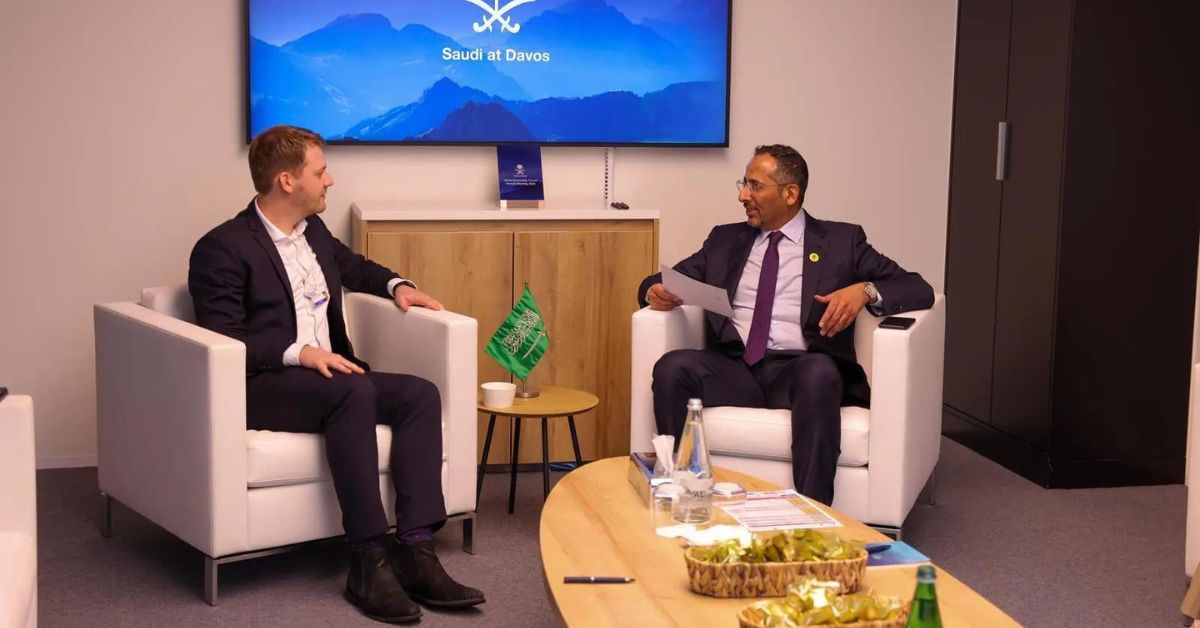RIYADH — Saudi Arabia is making deliberate strides toward achieving its Vision 2030 economic goals, particularly in attracting foreign investment and diversifying public revenue sources.
The Kingdom’s innovative approach in this area was notable, especially after its decision to suspend government contracts with any foreign companies or commercial institutions that have their regional headquarters outside the country.
This policy became effective on January 1, 2024, following the end of the grace period given to foreign companies since 2021. This move aims to boost investment, create jobs, and reduce economic leakage, aligning with the objectives of the Riyadh Capital Strategy 2030.
A regional headquarters is an entity affiliated with a global company, established as per the regulations of the host country to support, manage, and strategically guide its branches and subsidiaries in the geographic region, like the Middle East and North Africa for Saudi Arabia.
At A Glance Vision 2030 Economic Goals: Saudi Arabia is focused on attracting foreign investment and diversifying public revenue sources to achieve its Vision 2030 economic goals. Policy on Regional Headquarters: The Kingdom has implemented a policy where government contracts will only be given to foreign companies with regional headquarters in Saudi Arabia. This policy took effect on January 1, 2024. Aims of the Policy: The policy aims to boost investment, create jobs, and reduce economic leakage, in line with Riyadh Capital Strategy 2030 objectives. Definition of a Regional Headquarters: A regional headquarters is an entity established by a global company in the host country to manage and guide its operations in a specific geographic region. Success in Attracting Companies: Over 200 companies had established regional headquarters in Saudi Arabia by December last year, as stated by Investment Minister Khalid Al-Falih. Incentives for Companies: Significant tax exemptions and other benefits are offered to multinational corporations establishing regional headquarters in Saudi Arabia. Tax Exemption Package: A 30-year tax exemption, including a zero percent rate for income tax and withholding tax for approved activities of regional headquarters. Additional Benefits: Companies can obtain an unlimited number of work visas and are exempt from the Saudi citizen job quota for ten years. Long-term Aspirations: Saudi Arabia aims to attract a large number of international companies to Riyadh, with no specific limit on the targeted number. Economic and Social Impact: The presence of foreign companies in Riyadh is expected to transform it into a major economic capital, contributing to knowledge and technology transfer, and providing training and exposure opportunities for Saudi youth.
Investment Minister Khalid Al-Falih previously stated that Saudi Arabia had attracted over 200 companies to establish regional headquarters in the Kingdom as of last December.
Incentives
However, Riyadh only announced this decision after offering significant incentives to lure companies into its territory. On December 6, the Saudi government revealed that any multinational corporation establishing a regional headquarters in the Kingdom would receive a 30-year tax exemption.
The Saudi Ministry of Investment explained that this tax exemption package aims to ‘encourage and ease the process for international companies to open their regional headquarters in Saudi Arabia.’ This initiative is part of the Kingdom’s broader plan to diversify the economy of the world’s largest oil exporter.
The statement detailed, “The 30-year tax exemption package for regional headquarters includes a zero percent rate for: income tax on regional headquarters entities, and withholding tax for approved activities of regional headquarters.” Additionally, “International companies will benefit from this tax exemption package starting from the issuance date of their regional headquarters license.”

The program also offers several benefits and incentives, such as the ability for companies to obtain an unlimited number of work visas and exemption from the mandatory quota of jobs allocated to Saudi citizens for ten years.
Regarding the number of corporations Saudi Arabia aims to attract, Investment Minister Khalid Al-Falih stated at the recent ‘Future Investment Initiative’ conference in Riyadh, “Saudi Arabia aspires to have most of the major international companies move to Riyadh.”
He added, “We have a short-term goal of reaching 400 or 500 companies, but there’s no specific limit on the number of targeted companies.”
Saudi Arabia had attracted over 200 companies to establish regional headquarters in the Kingdom as of last December.
Saudi Investment Minister Khalid Al-Falih
Al-Falih said, “The more companies there are, the greater the benefits for these companies and the Kingdom, including the transfer of technologies, knowledge, and investment opportunities.”
He also mentioned that the direct and indirect benefits from these companies’ presence could amount to $45 billion.
The benefits
Saudi Arabia’s efforts to attract foreign companies to Riyadh are expected to transform it into one of the world’s economic capitals in the coming years. Former CEO of the Royal Commission for the City of Riyadh, Fahd bin Abdul Mohsen Al-Rasheed, previously stated, “The companies moving their regional headquarters to Riyadh will bring international experts who will live and work with their families in the Kingdom.”
Foreign direct investment is crucial for all countries, particularly developing ones, and large foreign companies are the primary conduits for foreign investment flows into any country.
Fahd bin Abdul Mohsen Al-Rasheed, Former CEO of the Royal Commission for Riyadh City
He said, “These experts contribute to developing research and innovation sectors, which, in the medium and long term, creates a supportive environment that transfers knowledge and experience to young national talents working alongside these experts and developing their skills.”
According to Abdul Mohsen Al Alsheikh, a professor of international business and management at Prince Sultan University who specializes in foreign investment and human capital development, “Foreign direct investment is crucial for all countries, particularly developing ones, and large foreign companies are the primary conduits for foreign investment flows into any country.”

In an interview to a local media, Al-Sheikh explained that Saudi Arabia’s becoming a regional center for major international companies will significantly benefit the Kingdom. A key impact of this initiative will be the inflow of financial, technical, and human capital from the staff of these companies, as well as the transfer of expertise.
Regarding the indirect effects on the Saudi economy, he noted that these companies have established production centers in the Kingdom, which are crucial for technology transfer.
Additionally, these companies will play a role in bringing Saudi youth closer to international expertise, increasing opportunities for training and exposure. This proximity will facilitate the localization of these companies in the Kingdom, similar to “Boeing Saudi Arabia” and others.
Al-Sheikh emphasized that the presence of multinational companies’ headquarters in Saudi Arabia provides an excellent opportunity for young people to benefit from the skills and expertise available within these companies.








